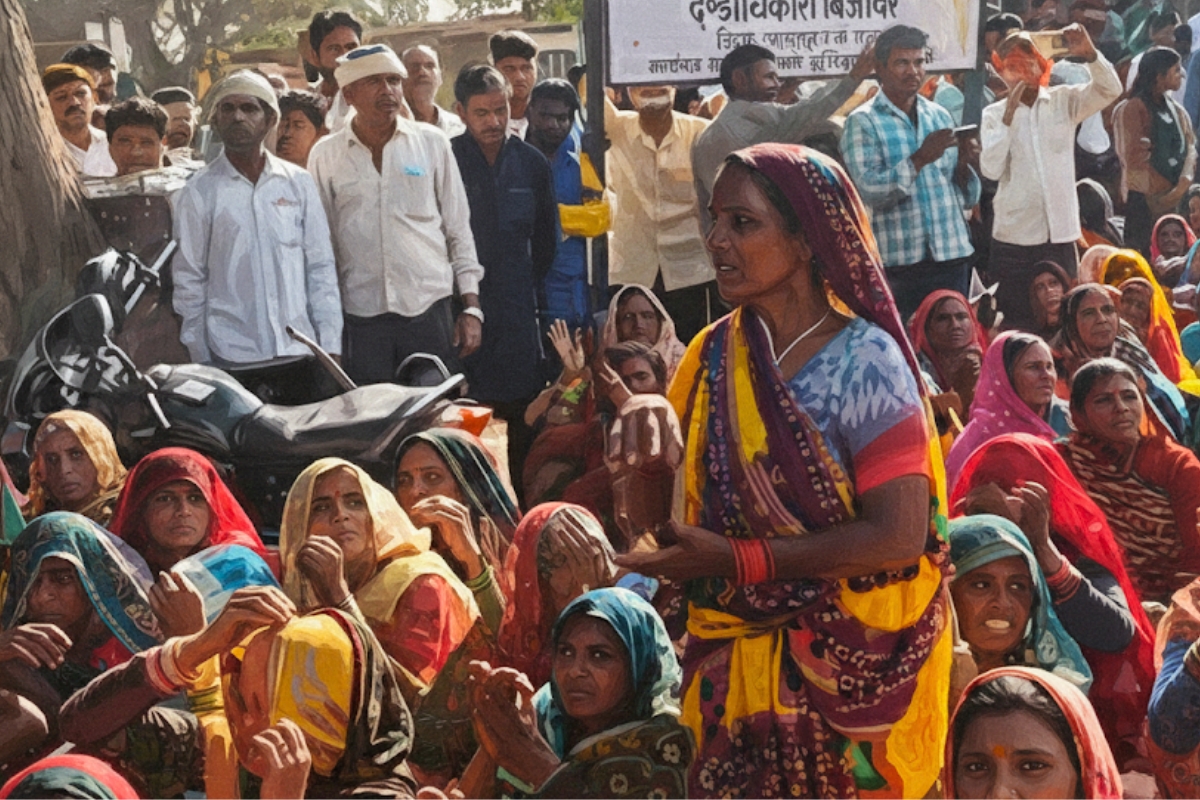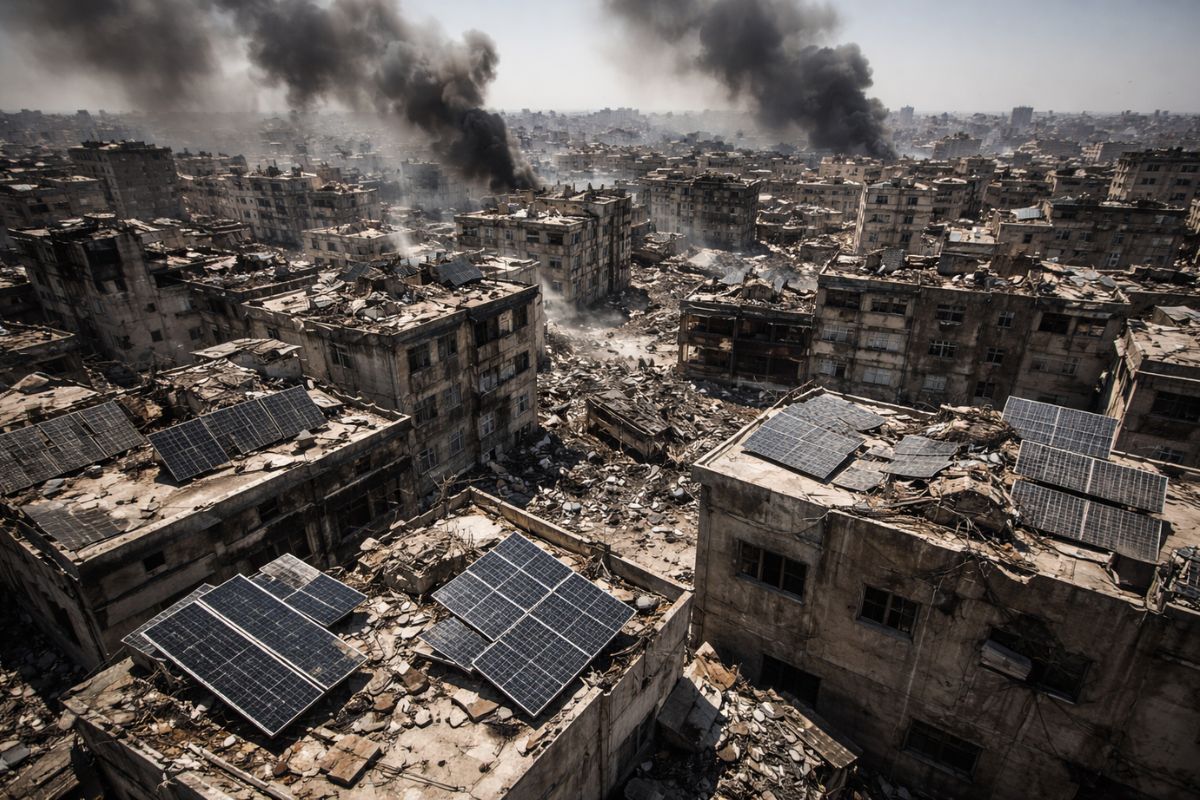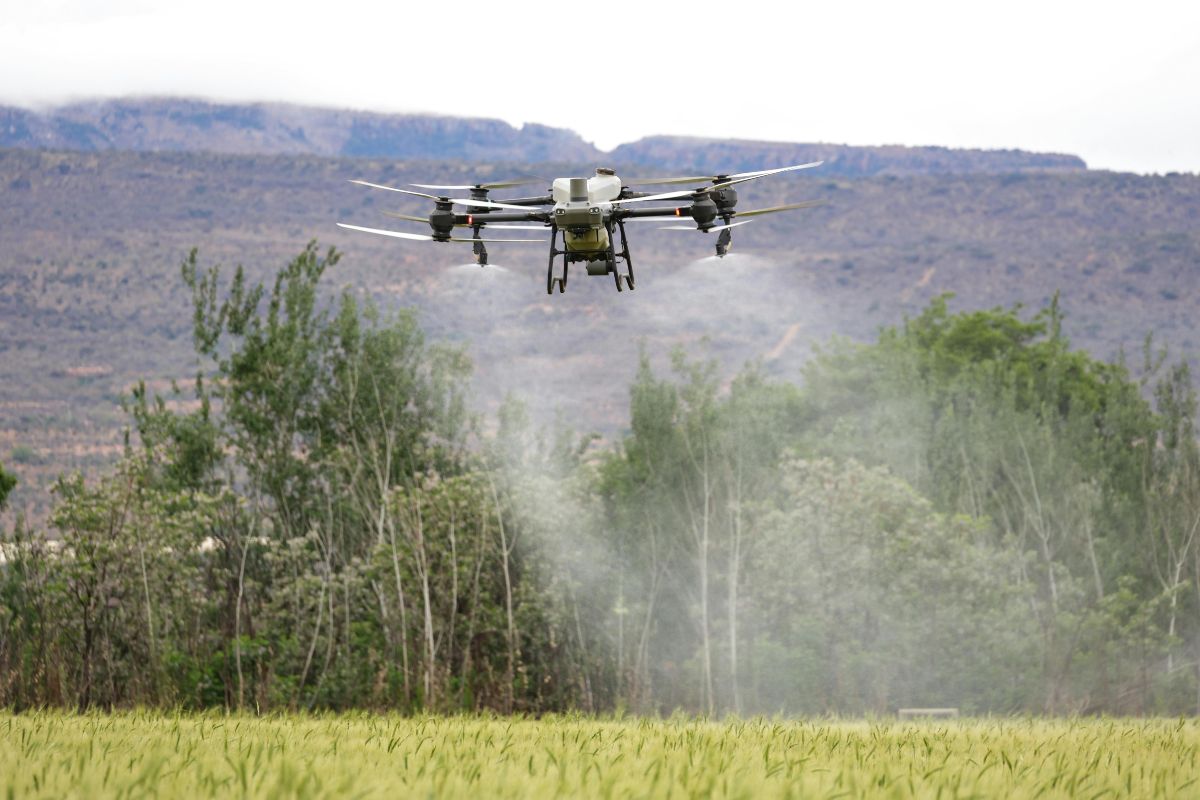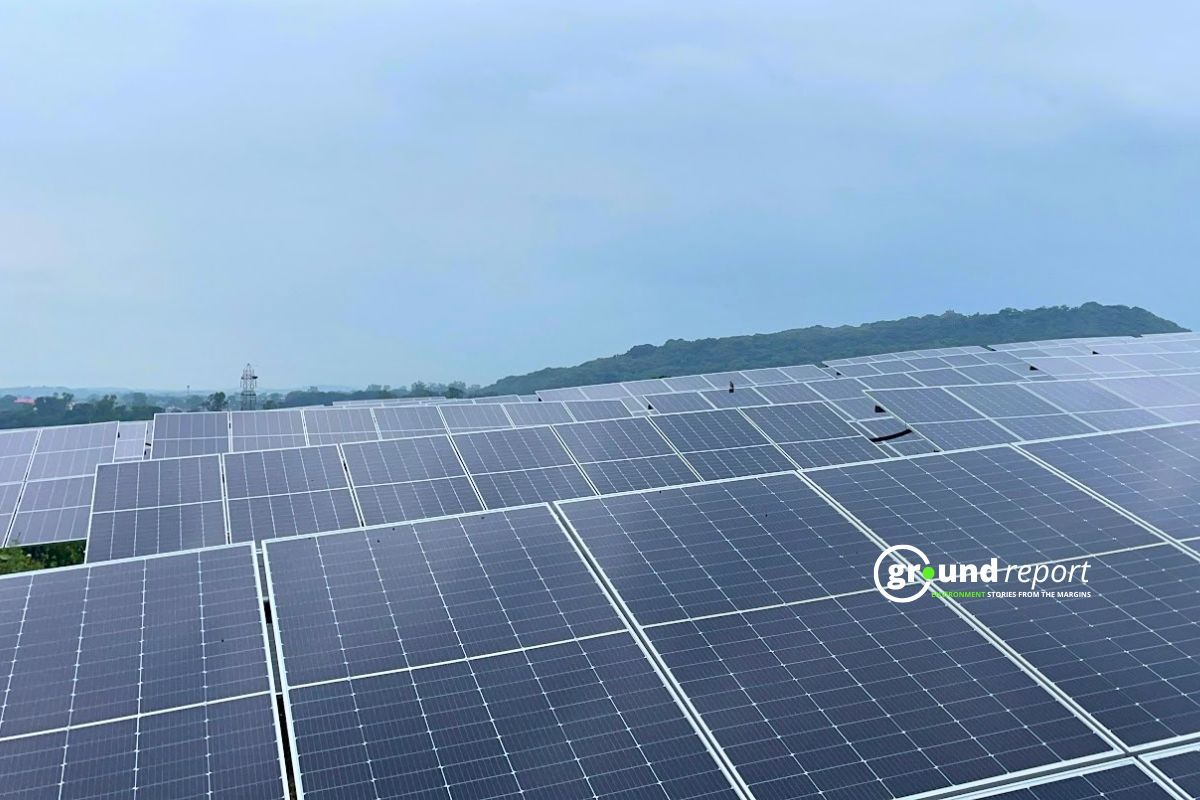Low-density plastic makes up the transparent plastic bags and bubble wrap that we use to package our market purchases and online orders. These materials dominate India’s waste stream, comprising over 60% of total plastic waste alongside high-density plastics. The good news is that these materials are highly recyclable.
In Bhopal’s Eintkhedi area, Ahmad Siddiqui operates a recycling plant that transforms low-density plastic waste into valuable granules used for manufacturing various products. His facility demonstrates how environmental responsibility can align with economic opportunity.
The transformation begins with sorting and dust removal from collected plastic waste. The material then undergoes baling and pressing for uniformity. The granule production involves multiple stages: plastic melts as it passes through machinery, forms into wires, gets cooled with water, and finally cut into small pellets by automated systems.
“There’s tremendous market demand for these LDP granules,” explains Ahmad, who transitioned from cardboard and carton work after recognising the potential for plastic recycling.
Madhya Pradesh exemplifies India’s expanding recycling sector. The state has established 152 plastic recycling plants in recent years, doubling its recycling capacity. According to the Madhya Pradesh Pollution Control Board’s annual report, the state recycled 460286.7 metric tonnes of plastic in 2023-24, converting waste into useful products.
This growth represents significant employment opportunities, particularly for youth in smaller cities seeking meaningful careers while contributing to environmental solutions.
Despite progress, India currently recycles only 13-30% of its total plastic waste. The majority ends up in landfills and garbage dumps, causing irreversible environmental damage. This gap represents both a crisis and an opportunity.
The solution requires enhanced focus on plastic waste collection and segregation systems, coupled with expanded recycling infrastructure. More facilities like Ahmad’s can simultaneously address environmental concerns and create sustainable livelihoods.
Global plastic pollution intensification has transformed recycling from a desirable environmental practice to a crucial economic necessity. Success stories from Madhya Pradesh prove that with proper systems and entrepreneurial spirit, India can transform its plastic waste challenge into a wealth-generation opportunity.
Support us to keep independent environmental journalism alive in India.
More Video Reports
May Rains Hit Tendu Leaf Collectors in Madhya Pradesh
Tapti Basin Mega Recharge Project: Water Crisis Solution for Two States
Stay connected with Ground Report for underreported environmental stories.







